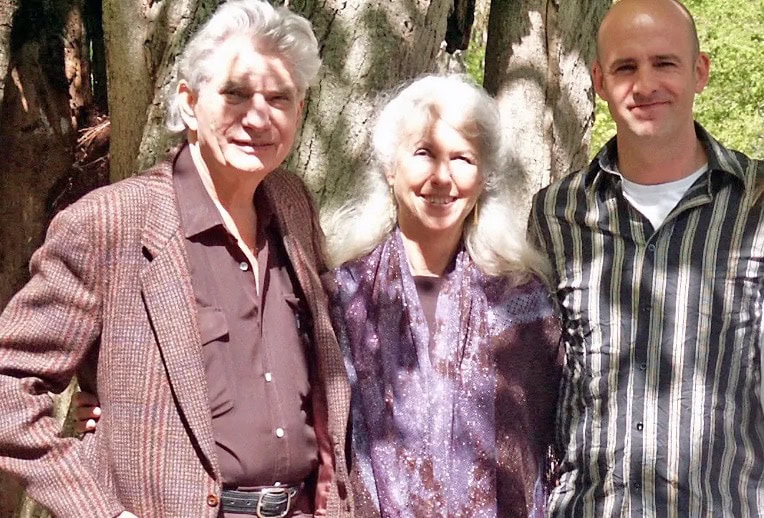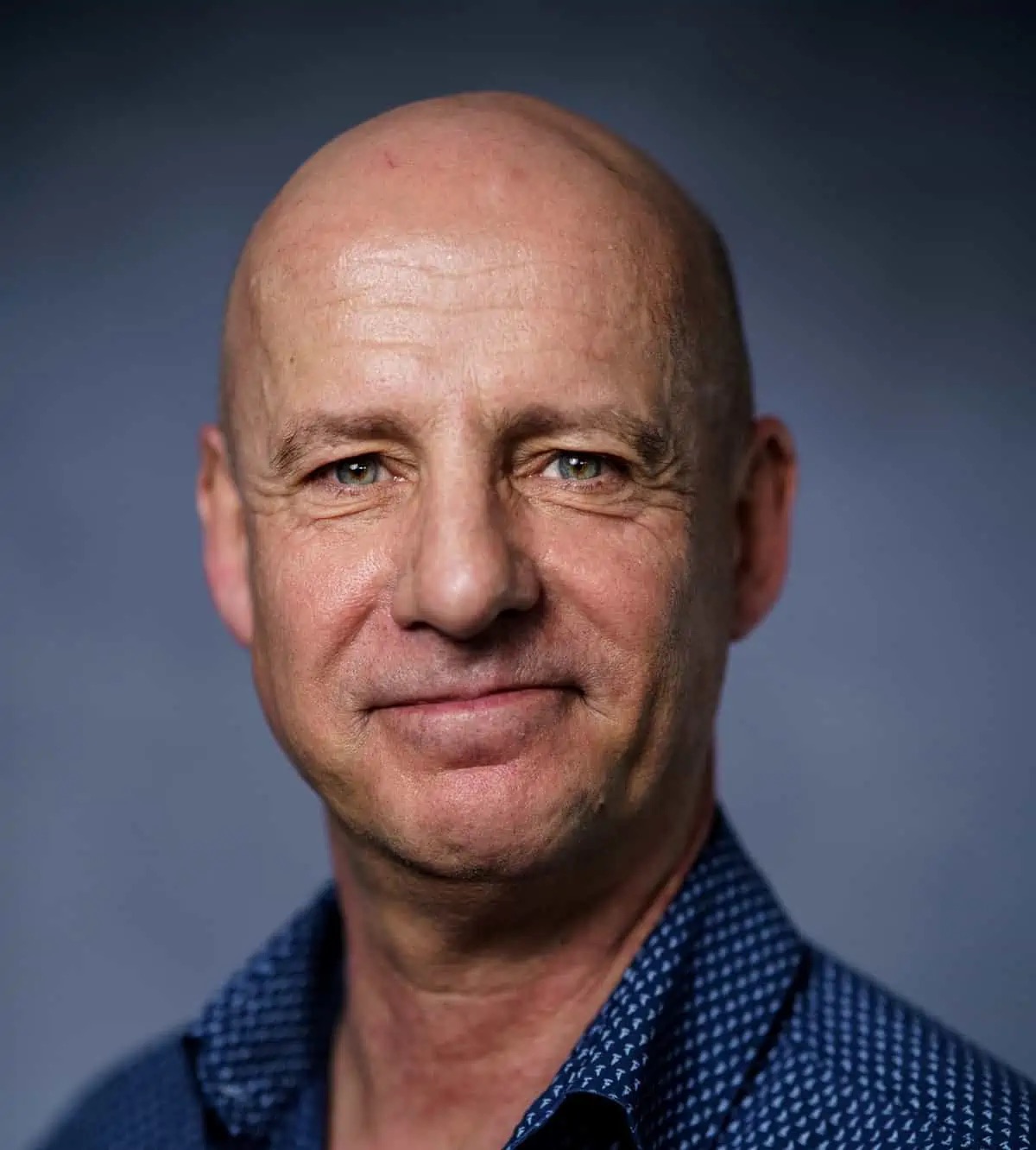How often have we heard it: you have to get rid of your ego! Leave it at the door! But is that actually true? Or can you use ego as a tool to give substance to your inspiration and talents, or even unconditional love and universal consciousness?
If there was a God, why would humans be born with or develop an ego even at a very early age? Some babies in the cradle show more ego than others even though ego seems to be less prevalent than in adults. For example, when it comes to what they do or don't want. One of the functions of our ego is to set boundaries.
In a world whithout egos, the argument that you have to get rid of your ego would be useful. But we live on Earth where there is an ever-increasing ego density. Just look around you. A young university student recently told me during a coaching session that performing better than others and quickly building a strong curriculum are of the utmost importance, even if it comes at the expense of others or your health. Even in politics, one's own curriculum seems to have become more important than serving the common interest. Welcome to the world of ego.
To avoid being drowned in the ego games or the ego violence of others or ego systems, it's actually beneficial to develop a measured ego.
In some non-dualistic movements, however, you are compelled to get rid of your ego. Bloody dangerous, I'd say. The founder of Voice Dialogue, Hal Stone, once told me during a training with him and his wife Sidra at their home in California: "Martin, you can go to any Ashram in India you want to, as long as you bring your inner protector with you. That way, you can leave it doesn't feel right anymore."
Moreover, over the past 35 years, I've observed a strong spiritual ego in several gurus from both the East and West. For example, at a 10-day Silent Retreat abroad, where the gurus literally positioned themselves on decorated King and Queen throne above the participants. This, despite the fact that there weren't that many participants. Equal? Spirit and universal consciousness don't know a hierarchy, do they?
When a band started playing outside the retreat location, the silence was somewhat disturbed. The teachers' angry looks and charged remarks betrayed the presence of a powerful "judgmental force" that suddenly appeared like a Jack in the Boxx. That didn’t look really judgment-free, did it?
So pay attention, especially to those who think or say they've transcended their ego. It could very well be different.
Don't get me wrong, I'm a fan of non-dualism, which gives a deeply connected sense of peace with yourself and truly everything around you. I've experienced it myself. But I also believe in multi-dimensionality here on Earth. We are all invited to learn to deal with the ego’s and egosystems around us that are simply present as well as our own ego as a part of our conscious learning. And develop it in such a way that universal consciousness (spirit), your soul, and a balanced ego can go hand in hand.
“We are all invited to learn to deal with the ego’s and egosystems around us that are simply present as well as our own ego as a part of our conscious learning. And develop it in such a way that universal consciousness (spirit), your soul, and a balanced ego can go hand in hand”
But what is ego, actually? What are the advantages of a balanced ego? How can it help you, but also hinder you?
Ego is the "I" with which you distinguish yourself from others, but sometimes also separate yourself with. It's the "I" with which you identify, as if "this is how I am." You identify with certain forms within and outside yourself. Such as your name, your nationality, your origins, your profession, your personal qualities, etc. Wherever you put the word "mine," it reveals itself. My country, my house, my characteristics, etc. Nothing wrong with that in itself, until you have become too attached to these identifications and do not want to let them go.
What are some benefits of ego?
Protection:
Some things that come your way are unsafe or can unnecessarily hurt your soul. Whether material, physical, emotional, mental, or spiritual. Setting boundaries, creating distance, or leaving the space helps you avoid remaining a victim of unpleasant invasions or bad situations.
Visibility:
Too little ego can lead to you not seeing yourself as worthwhile enough or not showing the talents you have to offer. How can you be seen if you don't show yourself? Your individuality, soul color and original talents come to light when you develop a balanced ego.
“How can you be seen if you don't show yourself?”
Strategic insight and action:
In the absence of the inner strategist in your ego, you easily become a victim of the ego games of others. Not everyone is aware of the consequences of their actions or their behaviors for you, or don't have good intentions for you or they just want to use you for their own gain. Once you realize this, you won't let yourself be drained by the needs of others. So it's important to be sufficiently aware of this and develop an adequate ego to deal with it.
There are even more benefits to an aware and well-managed ego, such as maintaining a balance between work and personal life, striking a balance between hard work and relaxation, and being gentler with yourself and others. Because everything you're allergic to is also inside you, just in different forms.
The ego hinders you when it overshoots and you are unconsciously controlled by a lack of self-reflection, ignorance, fear of shortage, greed, status, material possessions, self-interest, and power. In the book "Spirited Personal Leadership," you will find eight roles you can become ensnared in when the ego takes over:
Before you know it, you are unknowingly driven by these roles because they temporarily fuel your feeling of self-worth. This is usually due to a hidden fear of not being seen or appreciated enough, of having too little, or of not receiving approval or acceptance from others.
If these roles primarily drive you, you become disconnected from the universal consciousness or spirit that can give you the following: internal and external peace, true connection from the heart, contentment, joy, vitality, and optimal talent development.
How do you ensure your ego doesn't get too large or too small? In a way that it does not hinder you, but i a way that helps you?
Underlying your behavior, your ego is often controlled by your personality, or "personas," as Swiss psychologist Carl Jung called them. These are also referred to as social masks.
You can think of your ego as a personal bus that is—usually unconsciously—driven by your own ego passengers. Depending on who's behind the wheel, you think differently, look differently, feel differently, behave differently, and choose differently.
This theory comes from the founders of the "Psychology of Selves & Voice Dialogue," Hal & Sidra Stone, whom I was trained by in the USA. They indicate that getting to know your primary selves, which often determine your behavior, will throw you off balance if you don't get to know, invite, and manage the secondary passengers in the back of your ego bus or even in a trailer behind the bus.

Hal & Sidra Stone & Martin
If you primarily live with your pleaser, perfectionist, and pusher side taking the wheel you're ripe for burnout because you've neglected your more relaxed self for too long. Invite your secondary ego passenger to drive 10% of the time, dare to step outside your primary comfort zone, and you'll already be more balanced.
If, as a leader, you lead primarily from your inner patriarch, you elevate yourself and infantilize the potential below you. However, if you're open to criticism and act on it, share it equally with your people, and empower them, team spirit can flourish. Even if it's only 10% more.
"Don't deny your own ego, get to know it, and learn to manage it."
In short, balance and moderation are the key words for which continuous necessary self-reflection is required: Don't deny your own ego, get to know it, and learn to manage it. In this way, your ego, alongside your body, becomes a functional instrument for shaping your inspiration, your individuality, and your original talents. It also serves as a vehicle for functionally embodying commonality and "true" connection. Then your ego brings you a great deal.
Experience the Voice Dialogue method in training or coaching and ask for a free online-intake here. Or take a look at the book: Spirited Personal Leadership.
I wish you a wonderful development where your ego serves your soul and spirit.
Martin
#persoonlijkinspirerendleiderschap #persoonlijkleiderschap #leadership #leadershipdevelopment #personalleadership #leiderschap #spiritueelleiderschap #spiritedleadership #spiritedpersonalleadership #executivecoaching #leiderschap #leiderschapsontwikkeling #teamcoaching #collectiefleiderschap #professionalcoaching #coaching #businesscoaching#psychologyofselves #voicedialogue #efo #awareego #egozielspirit #egosoulspirit #awarenessatwork #martinthoolen
© 2025: Martin Thoolen
